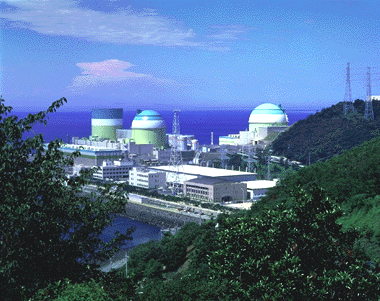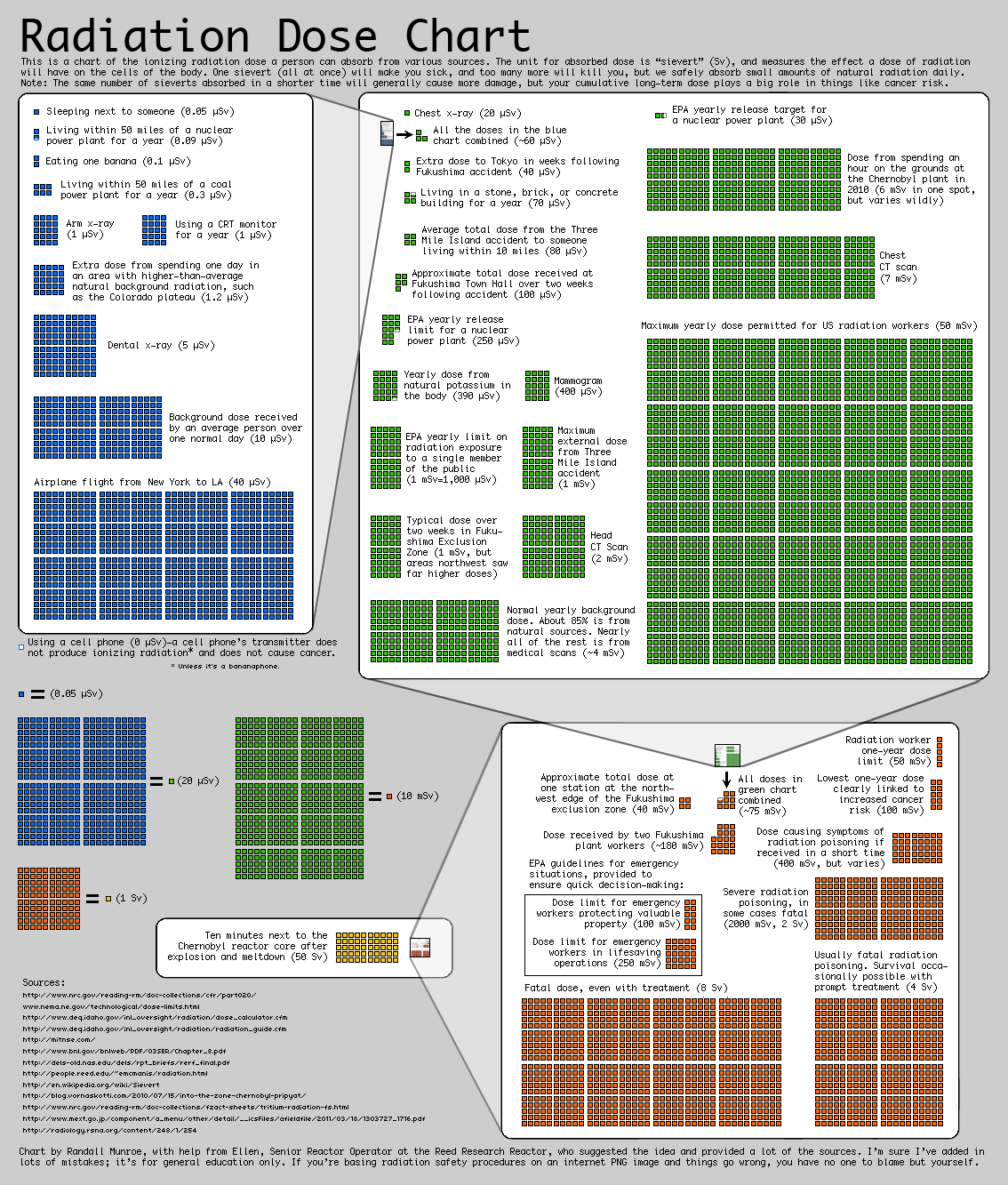 Everyone knows that the statistics say that flying is far, far safer than driving. And yet almost everyone has at least a tiny hint of fear at flying, more than they do at driving. Why? Because of the sense of helplessness. If you're in a car, you have some control over your fate. Yes, it's entirely possible for a fatal crash to happen you couldn't possibly avoid, and yes, sometimes you're a passenger, and yes, the illusion of control is mostly an illusion, but it's enough. In a plane, if something goes wrong, there's not a thing you can do about it; it won't be your fault, and it won't be something you could have fixed or prevented. And that difference is far more important in people's minds than the actual facts of the matter, the actual threat that logically ought to be the determining factor in levels of fear.
Everyone knows that the statistics say that flying is far, far safer than driving. And yet almost everyone has at least a tiny hint of fear at flying, more than they do at driving. Why? Because of the sense of helplessness. If you're in a car, you have some control over your fate. Yes, it's entirely possible for a fatal crash to happen you couldn't possibly avoid, and yes, sometimes you're a passenger, and yes, the illusion of control is mostly an illusion, but it's enough. In a plane, if something goes wrong, there's not a thing you can do about it; it won't be your fault, and it won't be something you could have fixed or prevented. And that difference is far more important in people's minds than the actual facts of the matter, the actual threat that logically ought to be the determining factor in levels of fear.It's way too early to tell how many deaths, injuries, and illnesses will result from the combination of the Japan earthquake and tsunami, and the nuclear power plants affected by it. But you couldn't tell by the level of fear, and that level of fear is going to, inevitably, have a devastating effect on the entire nuclear power industry -- which in turn will further destroy our attempts at environmental recovery and a sensible energy budget.
But while we can't guess how many deaths, injuries, and illnesses there are from any factor, I think I can safely predict this: the number of deaths that results from quake + tsunami + nuclear power will be far, far less than the number of deaths that result from quake + tsunami + bridges. Or quake + tsunami + churches and temples. Or quake + tsunami + gas stations. Or quake + tsunami + factories that manufacture CDs. Or quake + tsunami + almost anything else you can think of, that no one is even beginning to speculate proposing we shouldn't be building.
And of course, it'll all be trivial compared to the number of deaths from the big combinations: quake + tsunami + cars, quake + tsunami + tall buildings, and quake + tsunami + liquid fuel. Those will ultimately be responsible for thousands of times as many deaths as quake + tsunami + nuclear power. The same will hold true for injuries, and for illnesses.
But nuclear power is going to be, is already being, singled out as the only thing people feel we should reappraise. In essence, they're taking an existing fear, that is not based on the actual safety statistics or even an understanding of what nuclear power really is, and using this to amplify it. Because at its root, what they're really afraid of is that, if there's a nuclear power plant disaster, it will be just like that plane crash: totally out of your control. Whereas, if you're in a quake in a tall building, you can at least imagine that you could have done something about it. It's only an illusion of control. It's enough that someone could write a movie about the guy who survived despite being in the building that was falling, whereas, no one could really write a movie about the guy who survived despite being in the path of fallout of a major nuclear accident. Nevermind which one is actually more likely.
I'm not saying that there aren't important lessons to be learned about how the nuclear power plants in Japan were built and prepared for these kinds of emergencies, what kind of backups and redundancies they didn't have but should have, whether they were built in the right place. I don't even mean that nuclear power was necessarily the best solution to Japan's power needs -- I know that I don't know enough to judge that. I just mean that, whatever actually comes out of this will not be informed by any of these logical considerations. It'll be driven almost entirely by the combination of ignorance about nuclear power, and the irrational fear of things based on whether they're out of your hands, not based on what level of threat they really represent.
A few days after I wrote this, xkcd posted this chart, which elaborates on the actual measurements along with some surprising revelations. Note, for instance, that an airplane flight from NY to LA is about 11 times as much exposure as being near the Japan reactor "disaster"; and how the amount you get from living within 50 miles of a reactor for a year is equal to eating a single banana, and a third of what you get living near a coal power plant. Fascinating stuff.


 RealTime and RTC
RealTime and RTC Prism
Prism Uncreated
Uncreated Bloodweavers
Bloodweavers Foulspawner's Legacy
Foulspawner's Legacy Lusternia
Lusternia
No comments:
Post a Comment